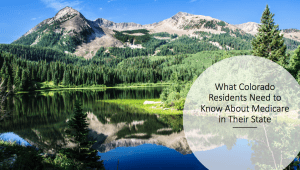Recent news and updates
Update: Nursing Education in China and the UK
Thanks to Selina, owner of CareLink Technologies in Beijing, for meeting with Team IRC regarding nursing/rehabilitation education in China. Her team spent a week in the US and enjoyed the Denver area. They were able to sight see a little, mixing business with pleasure.
Team IRC will be in the UK, specifically London and Scotland, at the end of May to collaborate with our partners in the UK.




